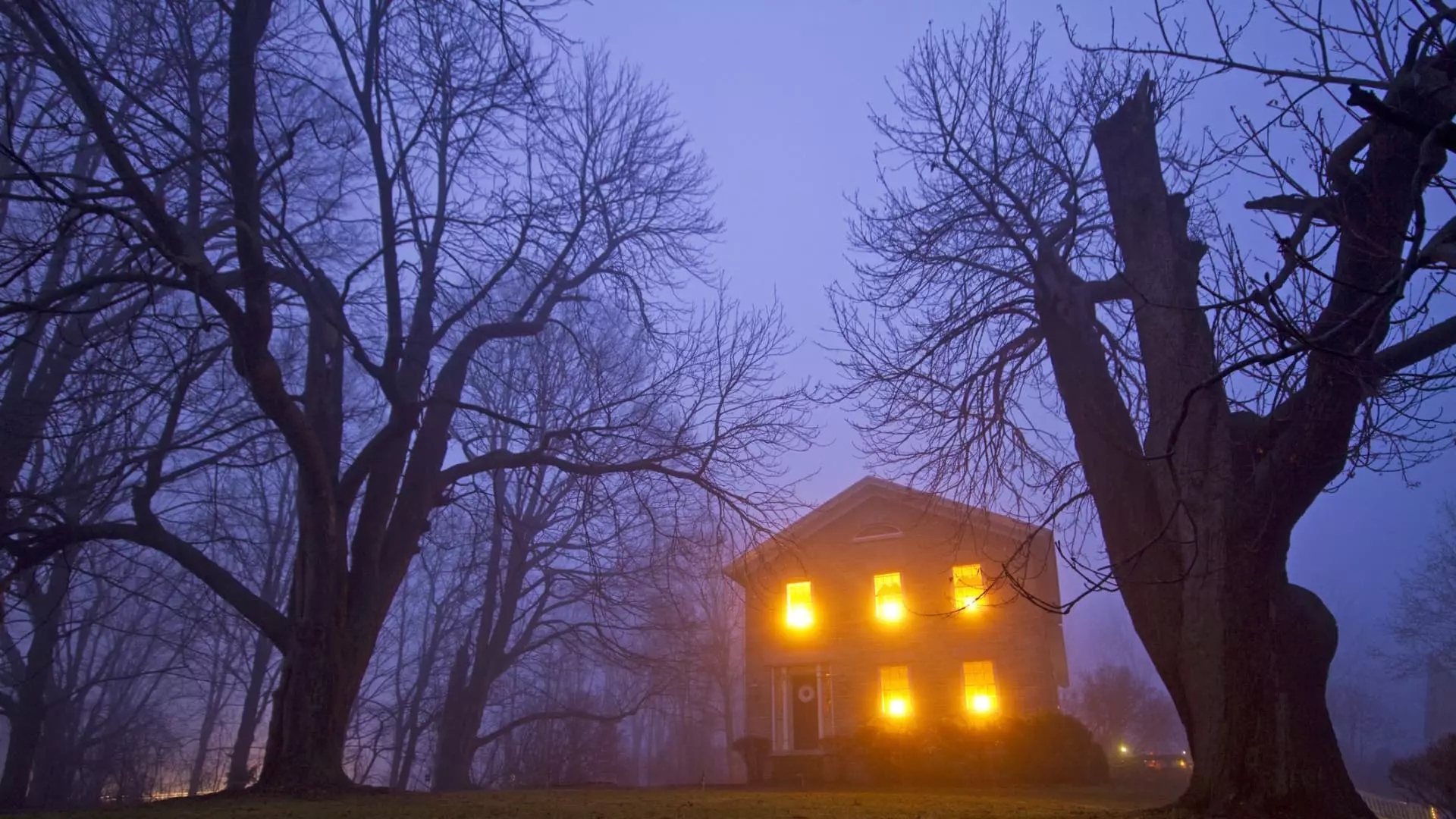Real estate transactions are often shrouded in complexities, especially when it comes to the disclosure of a property’s history. The nuances of whether or not a death or traumatic event must be disclosed can vary significantly by state. Moreover, the perception of so-called “stigmatized properties” is influenced by psychological, cultural, and personal factors. This article delves into the obligations of real estate agents, the implications of stigmatized properties, and what prospective homebuyers should consider when exploring a home’s history.
Stigmatized properties are defined as residences that have been impacted by past incidents that might harm their desirability, even if these events have no physical manifestation. The National Association of Realtors categorizes incidents such as murders, suicides, or paranormal claims as factors that can lead to such stigmatization. From a psychological standpoint, people’s reactions to these properties can vary immensely; while some are deterred due to superstition or fear, others might seek them out due to curiosity or the potential for a bargain.
Despite the stigma attached to these homes, only a handful of states legally mandate the disclosure of deaths or violent events to potential buyers. In many jurisdictions, an agent’s obligations hinge on the specific circumstances and timeframes regarding the event. For example, in California, sellers must disclose if someone died in the house within the last three years, whereas in Alaska, such disclosures pertain to events occurring in the previous year. This indicates the significant influence that local laws have on the buyer’s right to know the history of the property.
Real estate agents walk a tightrope between their fiduciary duties to the sellers and their obligation to provide comprehensive and truthful information to buyers. Harrison Beacher, a noted real estate agent in Washington D.C., emphasizes that while agents are not required to disclose certain details proactively, there is a duty to answer any questions posed by buyers honestly. This creates a situation where buyers may need to conduct further inquiries about the property’s past to uncover any clandestine stories that may affect their decision.
In many instances, buyers are encouraged to initiate conversations regarding the property’s history. States like Georgia have minimal disclosure requirements, leaving it up to buyers to express interest in uncovering the property’s past. This dynamic underscores the importance of open communication between agents and buyers, as well as the necessity of proactive investigation on the part of those considering a purchase.
Public sentiment towards stigmatized properties reveals intriguing trends in the real estate market. Recent surveys indicate that a large portion of prospective buyers, around 72%, would be willing to purchase a haunted house for a lower price. Interestingly, factors like property location, appeal, and price often outweigh concerns regarding the paranormal or historical events associated with the residence. About 43% of respondents expressed readiness to negotiate down by at least $50,000 for properties they deemed haunted.
The fluctuating interest among buyers highlights a notable contradiction: While some individuals might shy away from homes with a history, others are drawn to them, especially if they present financial advantages. For instance, properties like the infamous LaBianca mansion—associated with the Manson family murders—still attract buyers. Its eventual sale for $1.875 million exemplifies how historical notoriety can be eclipsed by market dynamics and the nature of the real estate transaction.
For potential homebuyers interested in the murky details of a property’s past, a proactive approach is essential. Engaging with real estate agents is often the first step, but the onus also falls on buyers to gather additional information. Networking with neighbors can yield valuable insights that agents might not provide. Neighbors often possess anecdotal knowledge about past incidents and can reflect on the community environment, which is equally critical for future homeowners.
Additionally, buyers are advised to tap into public records. This can entail consulting with local government offices or scrolling through local newspaper archives to find any relevant incidents associated with the property in question. While the internet can be a treasure trove of information, it also poses risks regarding accuracy. Therefore, corroborating facts through public documentation remains a prudent approach.
Ultimately, every property carries a history. Teachers of homebuyers should recognize this reality and understand that past events do not necessarily dictate future experiences. The focus should shift towards the present—the functionality of the home, the desirability of the location, and the potential for a positive living experience. Whether haunted or not, a home can still be a place where meaningful memories are created, provided that buyers engage with its past responsibly and thoroughly.


Leave a Reply